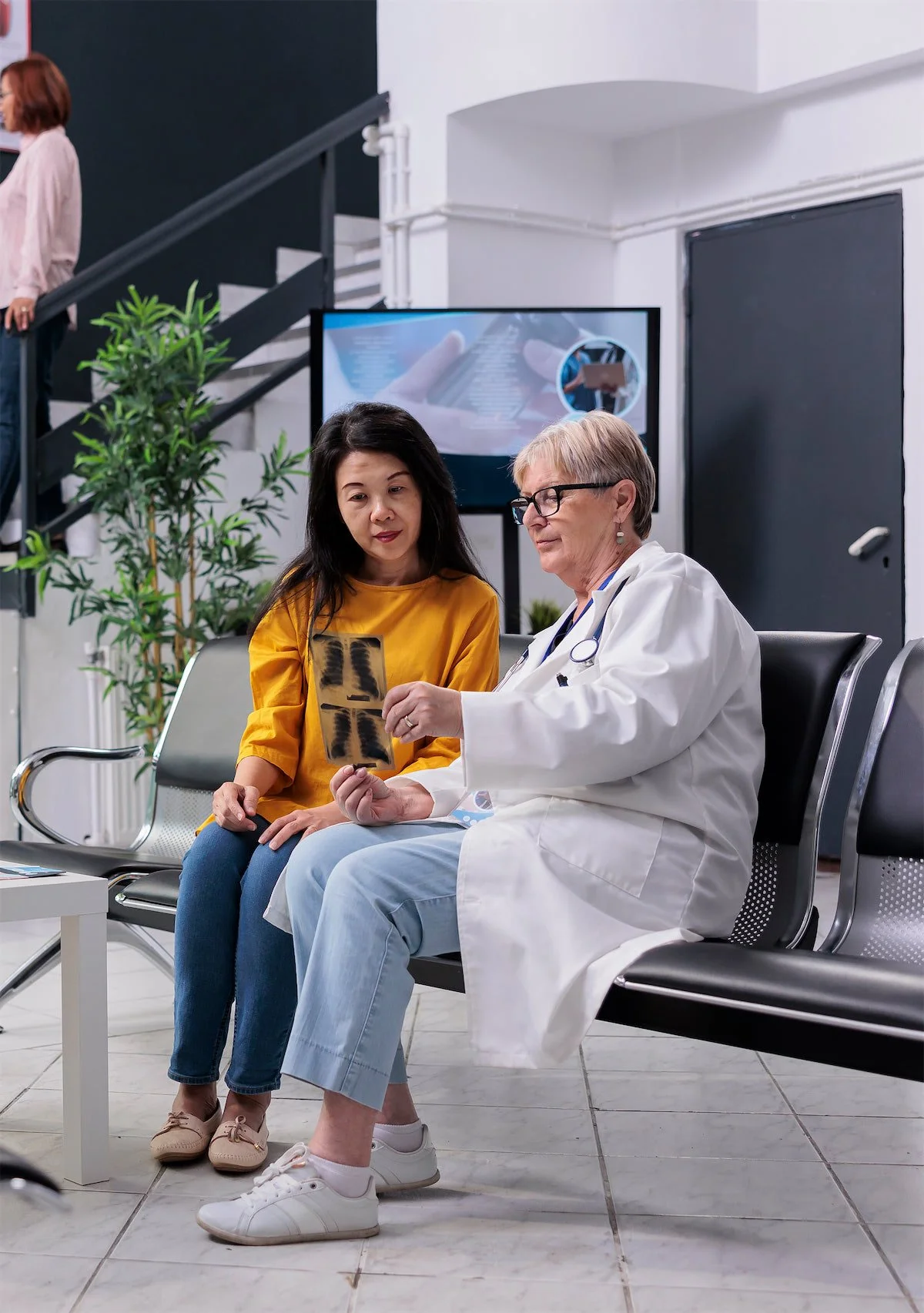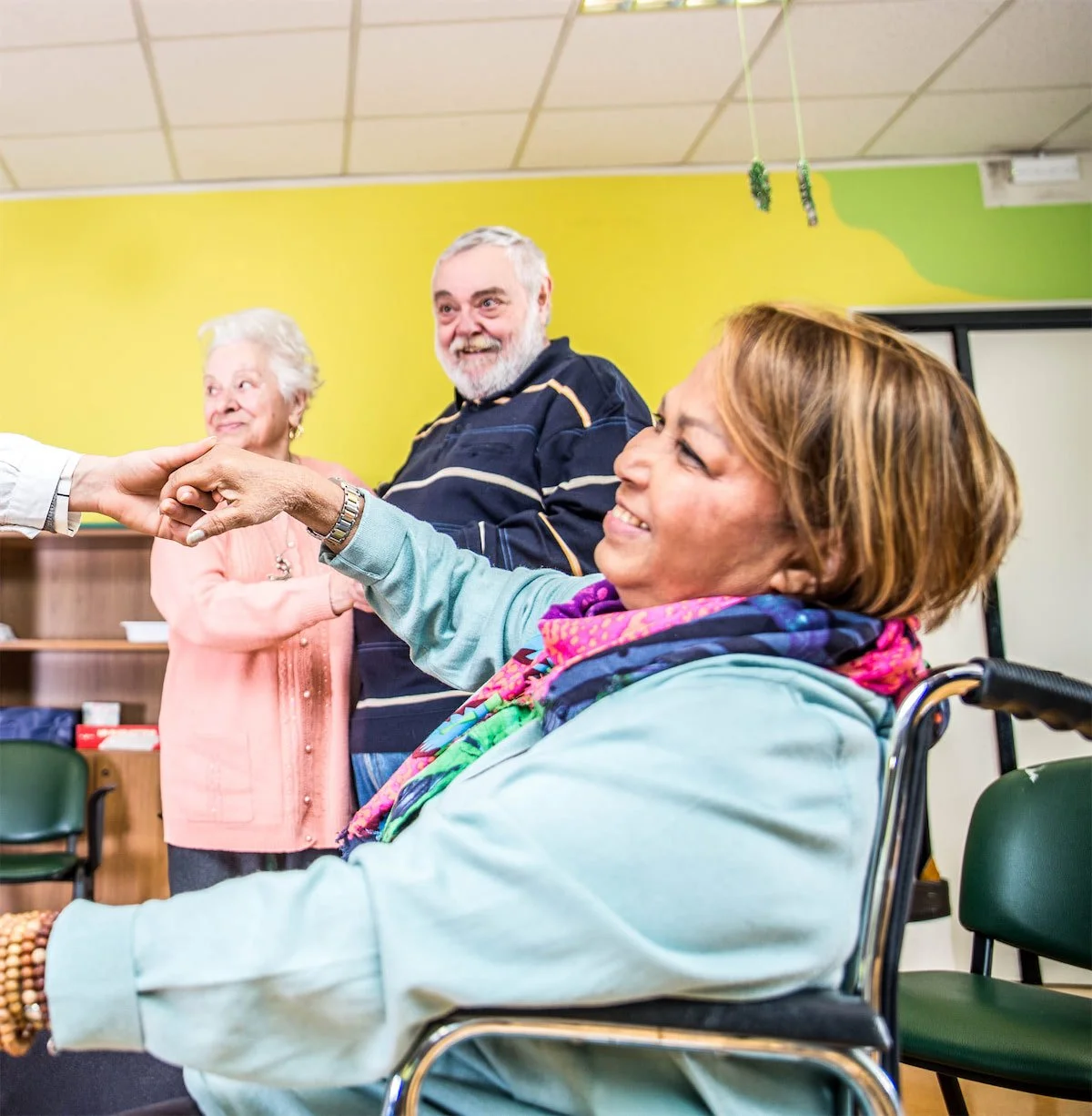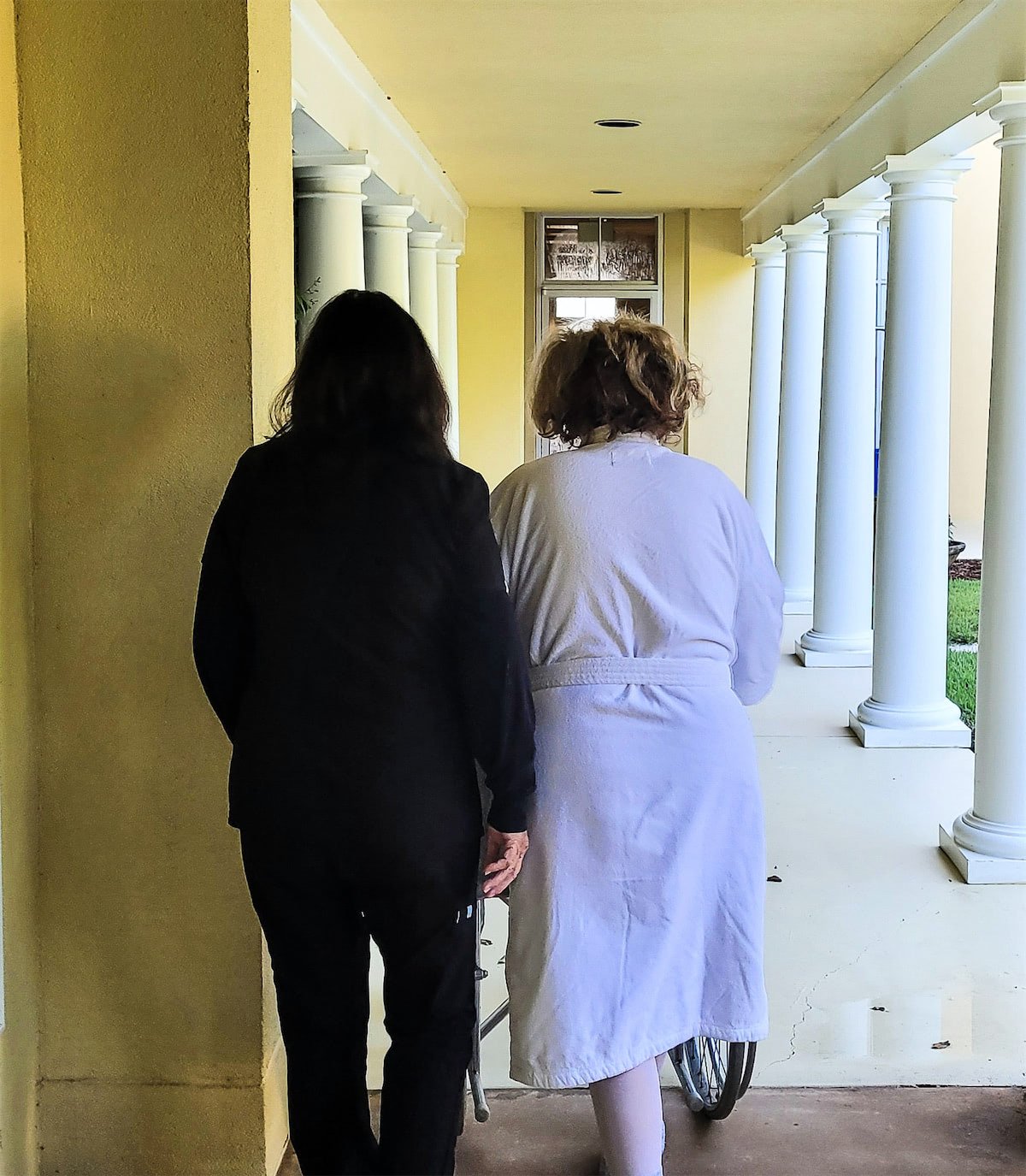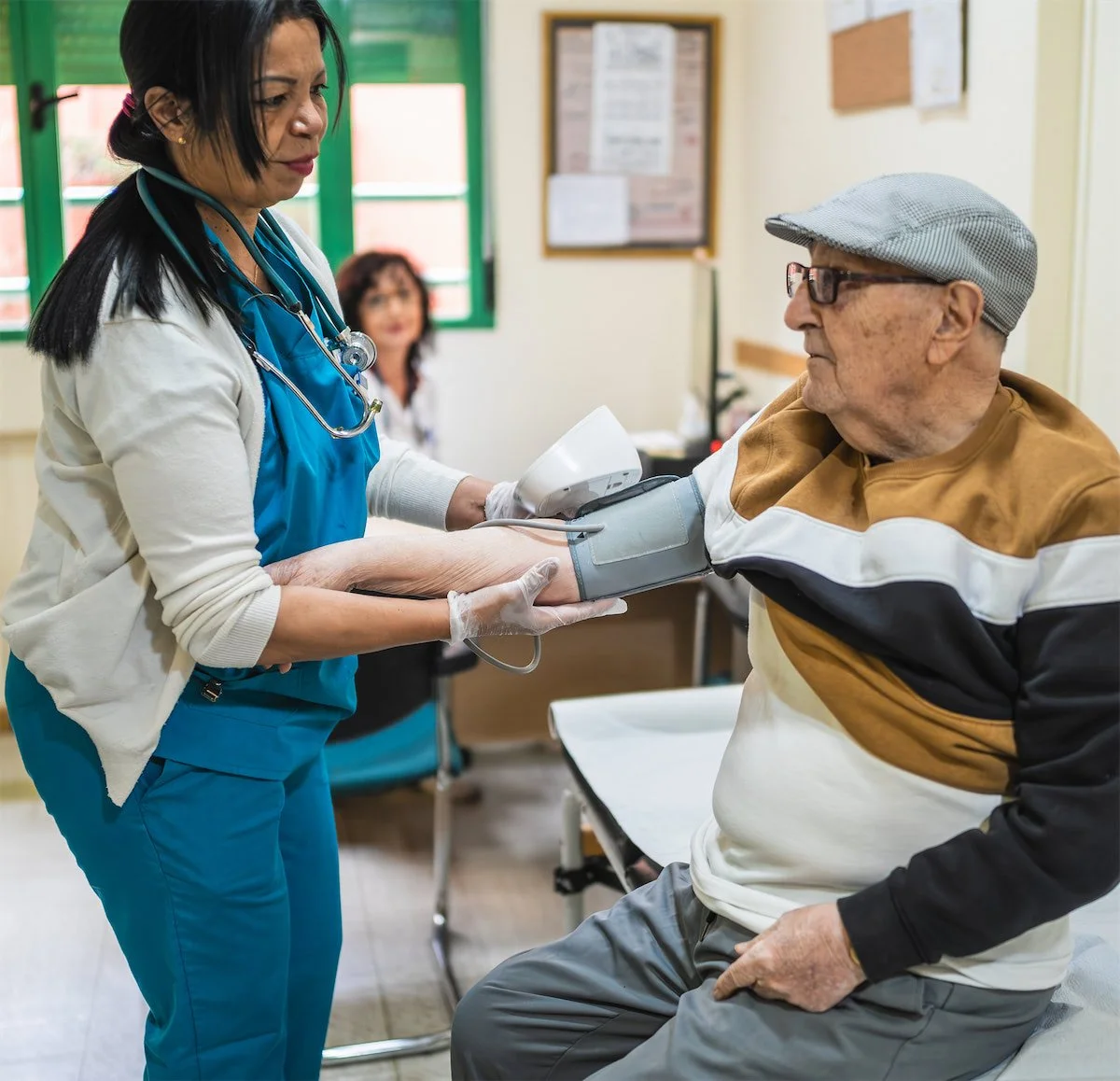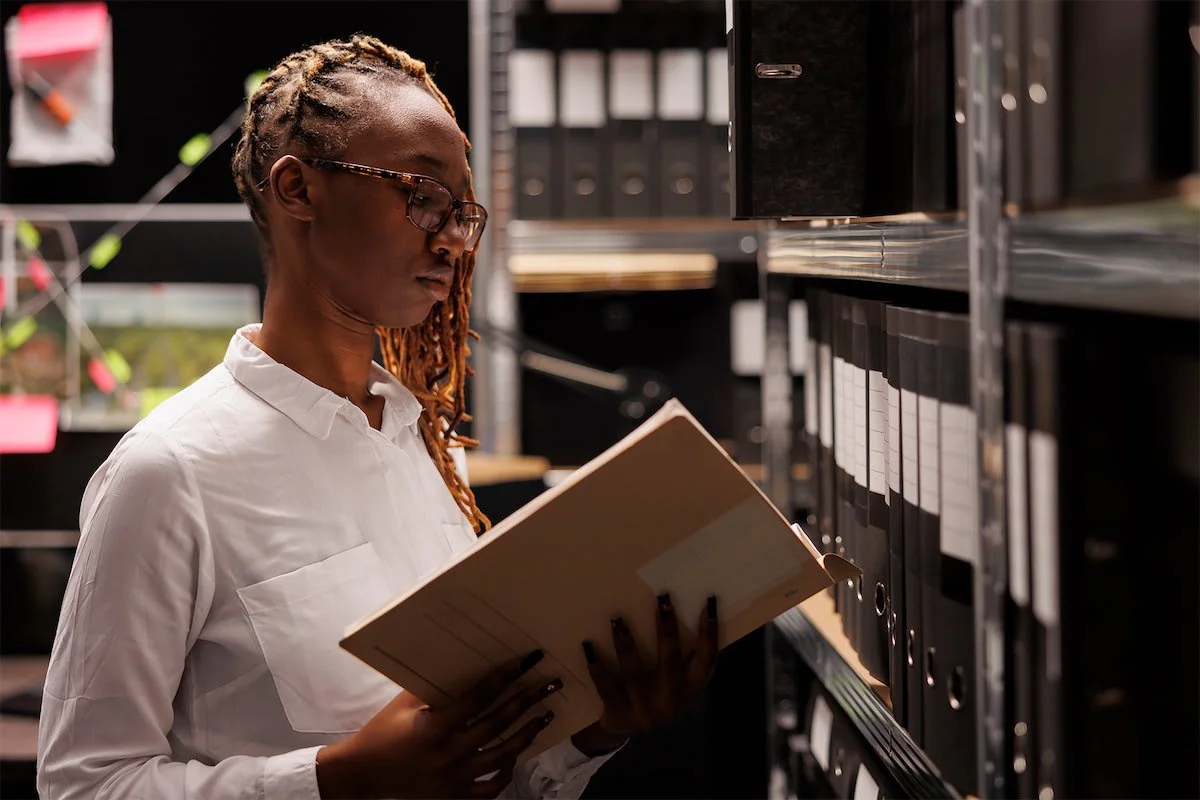Community Health Alignment Initiative (CHAI)
What is CHAI?
The Community Health Alignment Initiative (CHAI) is a program established to improve health outcomes for uninsured individuals in South Carolina by expanding the community health worker (CHW) workforce.
Authorized by the South Carolina General Assembly in 2023 through Proviso 33.20 of the Medicaid Accountability and Quality Improvement Initiative, CHAI is a collaborative effort between the South Carolina Department of Health and Human Services (SC DHHS) and the Center for Community Health Alignment (CCHA). Many of the communities served by CHAI are in rural areas.
Watch CHWs help their community get access to Health Insurance
Objectives
CHAI aims to address health disparities by deploying CHWs to assist individuals who are uninsured or at high risk of losing insurance coverage.
Archive
Access historical projects and information
Coming Soon
Join CHAI mailing list
Keep up to date with all things CHAI related by filling out the form




